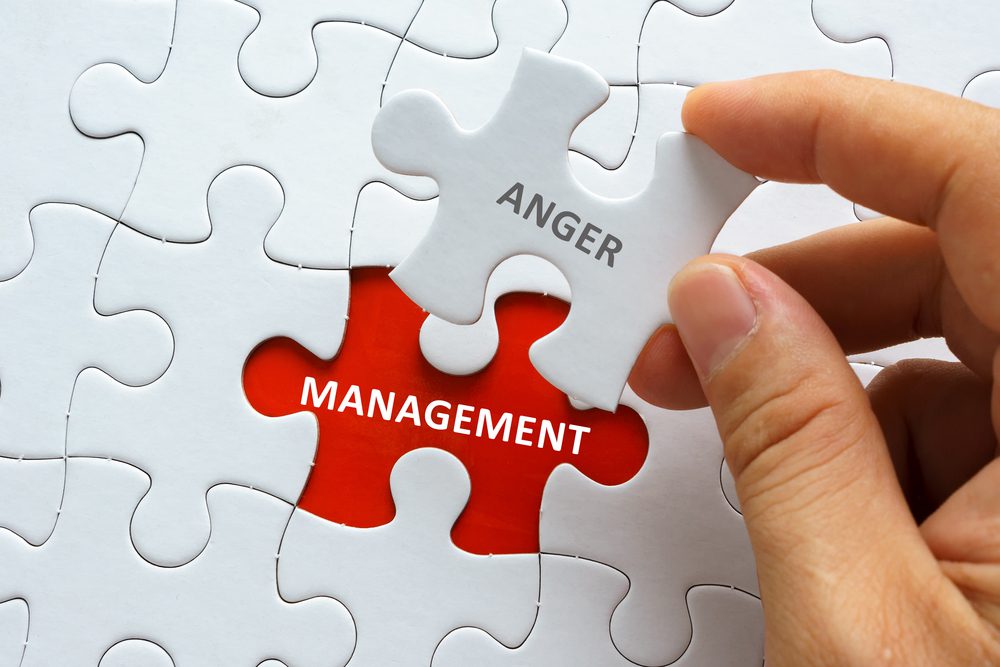Maybe it’s time to change your therapist. Read on and find out more.
From time to time, we need to cut ties with people in our lives, but what happens when that person is your therapist? Or what are the things that should raise some questions and signal to you that it is time to change your therapist?
Sometimes a patient and practitioner aren’t a good fit, and it is useful to be aware of it and learn how to move on. The patient should feel comfortable about making this change, but before this, they should know the signs that it might be time for a change.
Numerous studies show that for therapy to work, the relationship between you and your therapist should be good; otherwise, you won’t see any results at all. When something is not feeling right, you need to speak up instead of sticking with it.
Here we are going to describe some red flags that your therapist might not be the one for you.

1. You feel like you’re not making progress
One thing about therapy is that it takes time. This is not a quick fix, and in some ways, it works just like a muscle. You exercise, put in consistent effort, and over time, you see the results. The same happens in therapy, as this is a process that unfolds over time.
Yes, there will be ups and downs, moments of breakthrough followed by periods that are more silent and introspective. These things are normal, but if months pass by and you don’t see any changes and you don’t feel like your wheels are spinning, it might be time to change your therapist.
This doesn’t mean that something is wrong or that the therapist is not doing a proper job. Instead, you may have other needs now, and you need a therapist who has a set of skills that are more suitable for your current state.
As this is an investment in your well-being, if you don’t feel like things are moving, you can stop or find another therapist who can help you more. You don’t need to waste money on sessions that go nowhere.
2. Forgets important facts about you
Your therapy lessons are based on a foundation that is made from your history. You tell your therapist about your life and relationships, and they listen to you and take notes. These notes are usually revisited before each session so they know what to talk with you about and make sure they remember all the details.
If you notice that your therapist constantly forgets key facts about you or becomes confused about your history, this can be a huge obstacle between you and your therapy goals. How can you discuss your deepest thoughts with someone who always forgets who you are?
When this happens and the situation does not seem to improve, it is clear that you have to change your therapist. The fact that you are unheard creates frustration, feels invalidating, and, in the end, completely damages the therapeutic relationships.
3. They push their own agenda
Therapy is a collaborative journey. You go there eager to find out more about yourself, and you rely on the expertise of your therapist. This skilled professional should be by your side, guiding you, observing you, and trying to do all things to benefit you.
Sensing that your therapists are trying to control you or change your view about something in a way that aligns with their principles is not a good sign. If you notice that they are pushing their own agenda on you, it can be a good idea to change your therapist. This is unethical behavior and is not going to help any of you.
Something like this should never happen during a therapy session, and you need a professional who prioritizes your needs and beliefs. You deserve to feel understood and heard. This type of patronizing behavior, when a therapist tries to convince you that they know better, will only hinder sincere communication and also make you feel uncomfortable.
If you start questioning their suggestions and feel like all of them sound like an ultimatum, consider to change your therapist, as this is unacceptable behavior.
4. They don’t respect your time
Therapy equals an investment of money, time, and mental energy. Most of the time, a session lasts anywhere from 45 to 60 minutes, and this time should be used for your exploration and growth. If your therapist starts sessions late and ends them early constantly, it is clear that they don’t respect you and your time, and it would be a good idea to just change your therapist.
From time to time, schedule disruptions might arise and are acceptable, but if this keeps happening again and again and begins to follow a recurring pattern, there is an issue. Maybe your therapist has an overbooked schedule and tries to squeeze you into tight slots, or maybe they have a problem with boundary management. After all, it doesn’t matter, as you should get the time you initially discussed for your sessions.
5. Wants to meet you outside therapy, in social contexts
The therapeutic relationship should have clear boundaries, and one clear rule is that you and your therapist can’t become friends or meet outside therapy sessions. If your therapist starts suggesting social interactions outside of therapy, this is for sure a red flag, and depending on where things go, it can be a clear sign you should change your therapist.
Therapists are ethically obligated to maintain objectivity, and when this is not happening, neutrality can be compromised, and in this way, the therapeutic process will stop working.
First of all, there is a power imbalance. The therapist has a position of authority, and when they try to socialize with you, they might make you feel pressured to reciprocate. Also, this might also make you disclose personal information outside of your sessions, and this is not advised.
A personal relationship that happens outside of therapy sessions is not a good thing, and if you notice they push boundaries and try to become your friends, you better change your therapist.

6. They don’t have any relevant skills
So, you’ve decided to go to therapy. This is great, but how do you choose the right therapist? Most therapists specialize in specific areas such as trauma, addiction, or relationship issues. Others might offer general help. But it is important to find someone who can take care of your unique needs.
You should work with a therapist who understands your language and uses a targeted approach. Possessing specialized knowledge means they can understand the nuances of your condition, and if they notice any symptoms, they can take action and diagnose you more easily.
Also, different issues require different approaches, and this is where targeted approaches come into play. Evidence-based techniques that are designed to help with specific conditions are more effective, and this means faster and better results.
If your therapist doesn’t have the expertise and you don’t see any results, this means they are not suitable for you and your needs, and you should change your therapist.
If you want to learn more about how therapy works this book might help: Maybe You Should Talk To Someone: A Therapist, HER Therapist, and Our Lives Revealed
You should also read: Always Do These 5 Things Once You Start Going to Therapy











Good advice!
Duane.